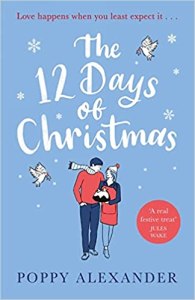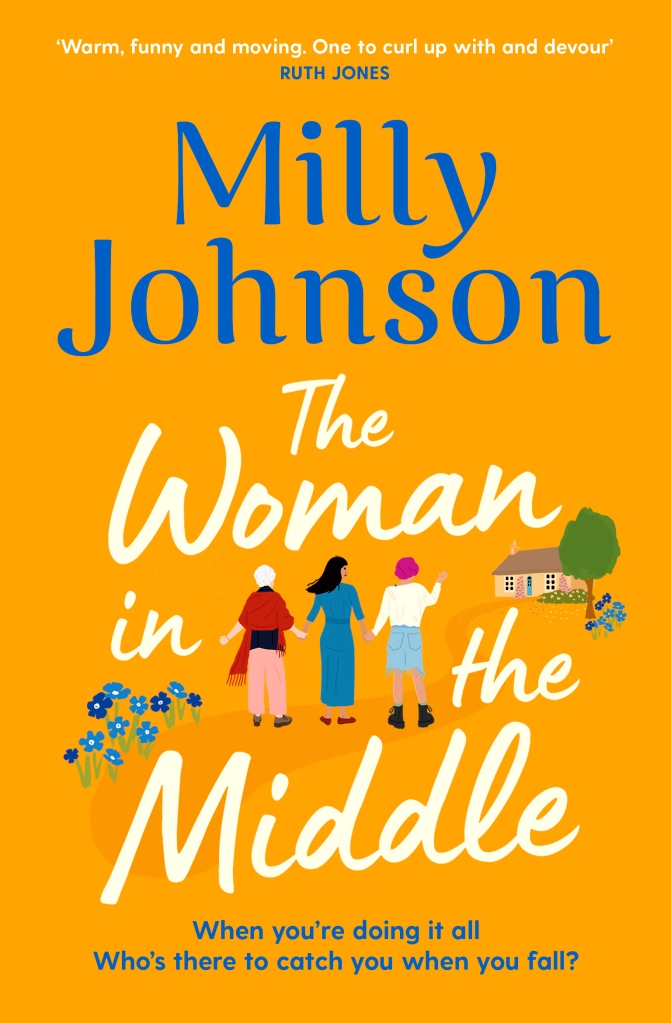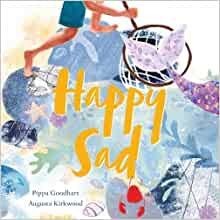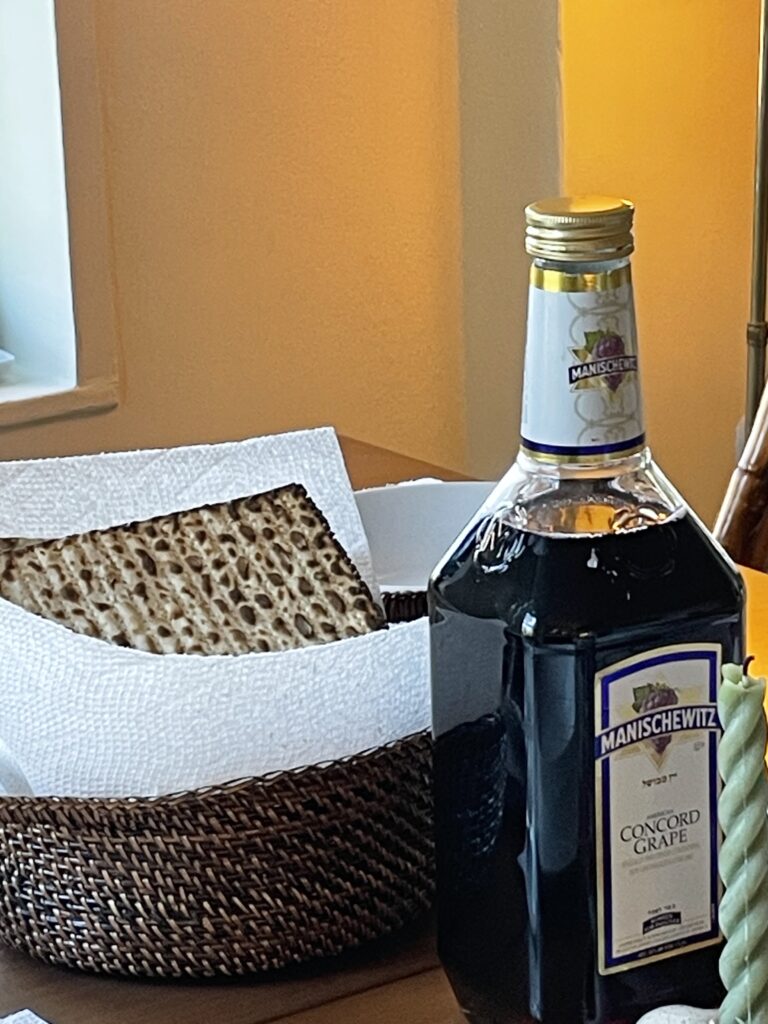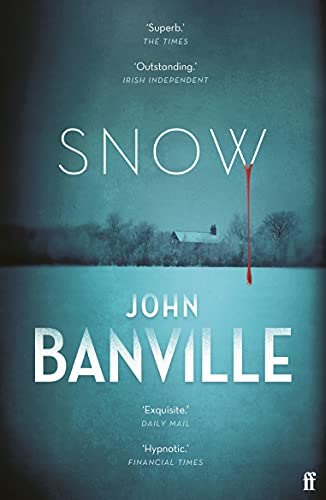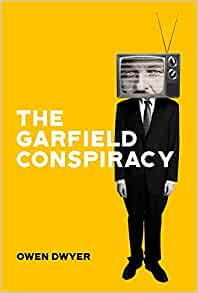About the Book
3. Are you a plan, plan, plan writer or do you sit down and see where the words take you?
Poppy Alexander’s latest novel, The Twelve Days of Christmas, was published by Orion on 11 November 2021.
The book is a heartfelt, uplifting romantic story of new beginnings – with all kinds of love, friendships, community and food, glorious food, as my heroine Freya returns to her childhood home for the first time in ten years. The story is played out over the 12 Days of Christmas, starting on Christmas Eve, and ending on Twelfth Night so it is packed with all the cosy, delicious, celebratory aspects of Christmas.
I read! No surprises there.
7. I like to end my Q&As with the same question so here we go. During all the Q&As and interviews you’ve done what question have you not been asked that you wish had been asked – and what’s the answer?
4. Is there anything about the process of publishing a book that still surprises you?
2. What inspired the book?
She was only meant to stay for the holidays, but could Middlemass – and Finn – steal her heart forever?
Forced to sleep under the same roof as her handsome neighbour Finn, Freya realises she’s going to need a distraction – fast! So she sets herself a challenge: to cook the ’12 Days of Christmas’. Her delicious food soon brings the villagers together, and as each day passes, old friendships are renewed, memories stirred and there’s even the flickering of romance…
Poppy kindly answered a few of my questions.
For the first time in ten years, Freya is back in the little village of Middlemass for Christmas. The streets might be twinkling with fairy lights, but after the recent loss of her mother, she’s never felt less festive.
6. If you could only read one book for the rest of your life which book would it be?
Probably something by Jilly Cooper or Veronica Henry. These are – in my eyes – the grande dames of commercial women’s fiction and I re-read their blockbusters again and again, seeing something fresh and new every time.
1. Tell us a little about The Twelve Days of Christmas.
5. What do you do when you aren’t writing? What do you do to relax and get away from it all?
I’m more of a planner than I used to be. My very first attempts were more instinctive and – although it was surprising how conventional the structure of those books were in early drafts – they did need more editing than they might have done if I had worked out a more detailed structure in the first place. I believe everyone who reads extensively – as I do – has an instinct which is looking for a story to deliver in certain, specific ways. I hope I do that for readers. I certainly always deliver a happy ending although I like to think I put people through the emotional mill on the way – then the uplifting ending is all the sweeter.
I still find the process of publishing a mystery in so many ways as my career is still in the early stages. I suppose the endless surprise is how quickly things are changing in the publishing world, with the rise and rise of e-books and audio books… it is a constantly moving target to get to that readership and deliver what is wanted. I relish the challenge, and am grateful my agent and I are united in our keeness to keep things moving forward.
I used the poem and carol, The Twelve Days of Christmas (A Partridge in a Pear Tree) to provide the structure for the book. The two turtledoves are the most romantic emblem, I think, and they even make it onto the front cover of the book, which I love. Freya – a chef – decides to cook her way through the poem, not with the usual Christmas-themed food, but is inspired to cook everything from pomegranate and rose-flavoured meringue swans (seven swans a-swimming) to the mediaeval curd tarts (Eight maids -a-milking). I adored creating the recipes for Freya’s productions and have included them at the end of the book with detailed instructions so readers can have a go themselves. My mouth was watering as I wrote, and reviewers seem to be saying it makes them hungry to read, so I have succeeded in my cunning plan!
Blimey, that’s a hard one, especially as – like most authors, I suspect – I love to talk, especially about my process, and I would never let “not being asked” get in the way of providing the answer. I suppose I am surprised I have never been asked “why do you write books”. The answer would be “because I have to.”
